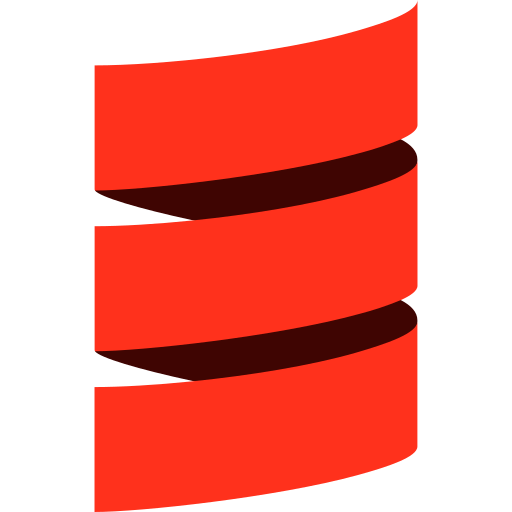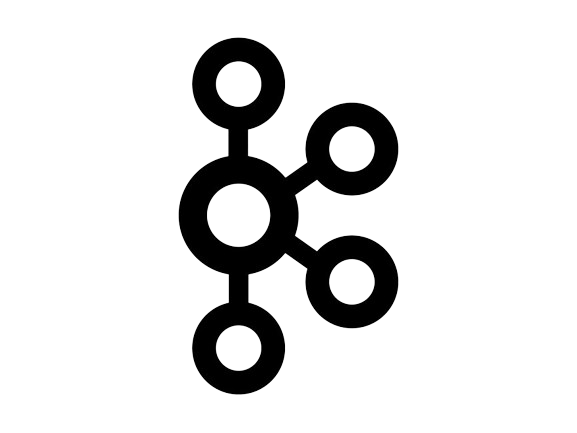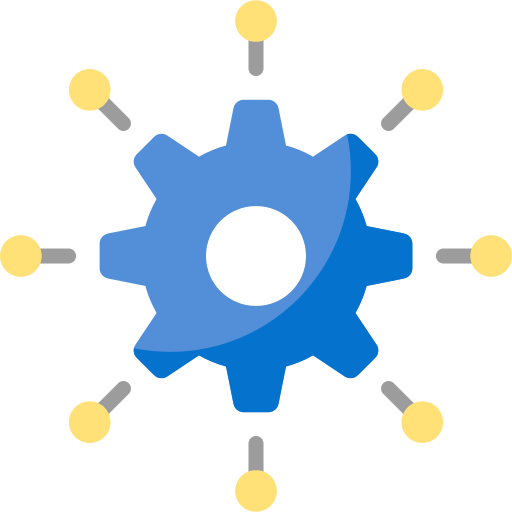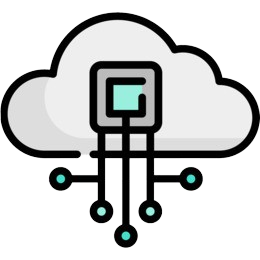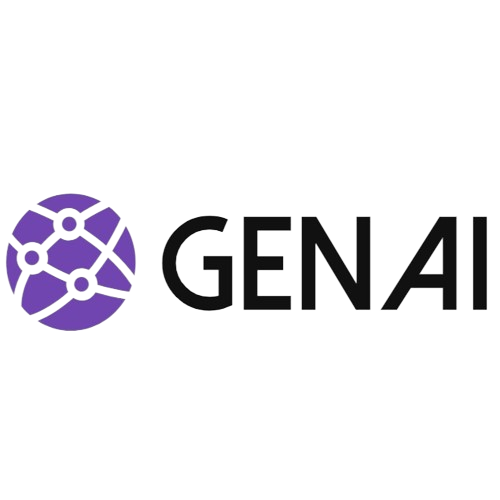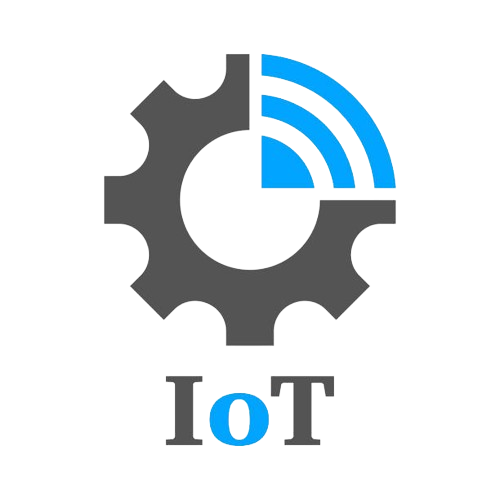Modernize, Scale and Secure Your Operational Systems
Using innovative technologies and solutions, Xebia helps your organization modernize, scale, and secure your core operational systems. Harness the power of Data, AI, advanced software development, and seamless DevOps automation to not only scale and modernize your operations but also fortify them against evolving threats. Elevate your business with our robust, secure technological frameworks that promise a competitive edge.

Our Services

Consulting
Xebia offers comprehensive software consulting services on data and AI, Cloud, and functional programming languages and related technologies, including Scala, Kotlin, Java, Rust, Spark, Kafka, and Akka,
DevOps Services and Solutions
Xebia offers broad DevSecOps services, helping clients adopt a holistic approach to software development, delivery, and security.
Architectural Guidance
High-level design and architectural advice from a team with extensive experience deploying applications into production. We’ll help structure workflow and design to meet your company’s business goals.
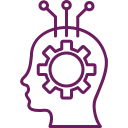
AI Solutions
Leverage AI’s power to streamline and enhance your business operations, driving efficiency and innovation with our data-driven strategies.
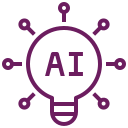
Generative AI and LLMs
Unlock the power of Generative AI to revolutionize the way you work. Xebia’s expertise can help you develop transformative LLM-based solutions, from workshops to products to platforms.

Cloud Migration
Navigate your cloud journey with our expert guidance. We streamline the migration process, ensuring a secure, efficient transfer to the cloud, thus enhancing flexibility and reducing operational costs.

API & Microservices
Xebia offers custom APIs and microservices for seamless system integration that enhances flexibility. Our approach ensures swift infrastructure growth and faster development cycles.

Data Solutions
Elevate your business by transforming complex data into clear, actionable insights. Specializing in Data Engineering and Data Architecture, we design agile and scalable data frameworks that seamlessly integrate with your existing systems, regardless of the cloud environment.

Our Partners
Technologies

Why Choose Xebia?
Xebia’s global presence, with expertise in software technology consulting, software engineering, AI, and more, positions us to offer comprehensive, end-to-end IT solutions. We’re not just about delivering high-quality services; our standardized solutions ensure a quicker market entry for your business. In addition, we design our diverse training courses to upskill your workforce, keeping you ahead of digital trends.
We’re committed to our clients’ success, whether through high-level consulting or hands-on development, with our experienced engineers who excel across various digital domains, including Data and AI, Software Technology, DevOps, and more.





